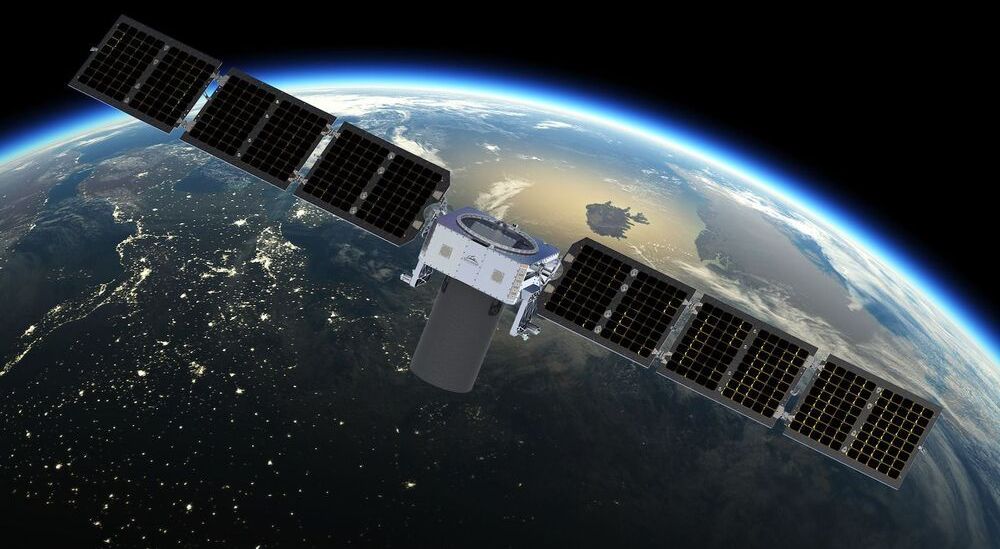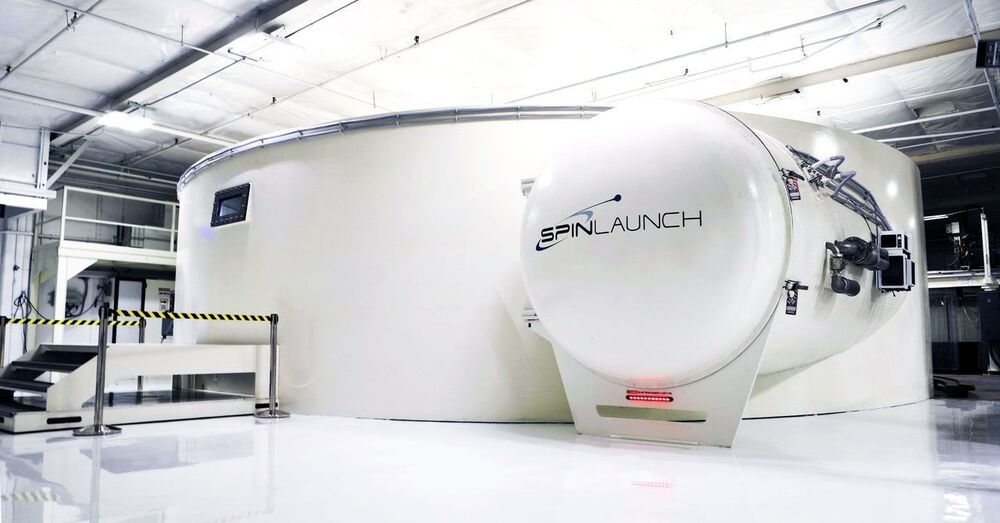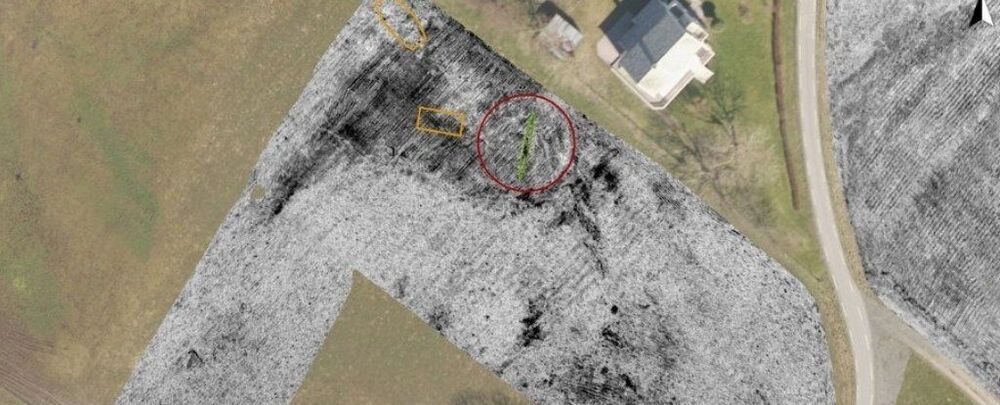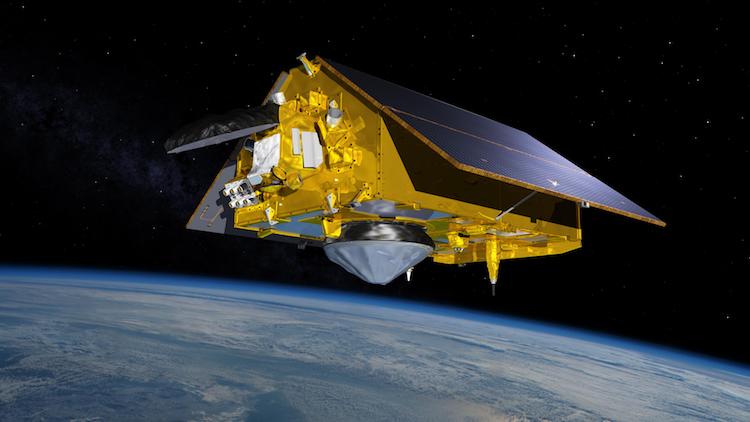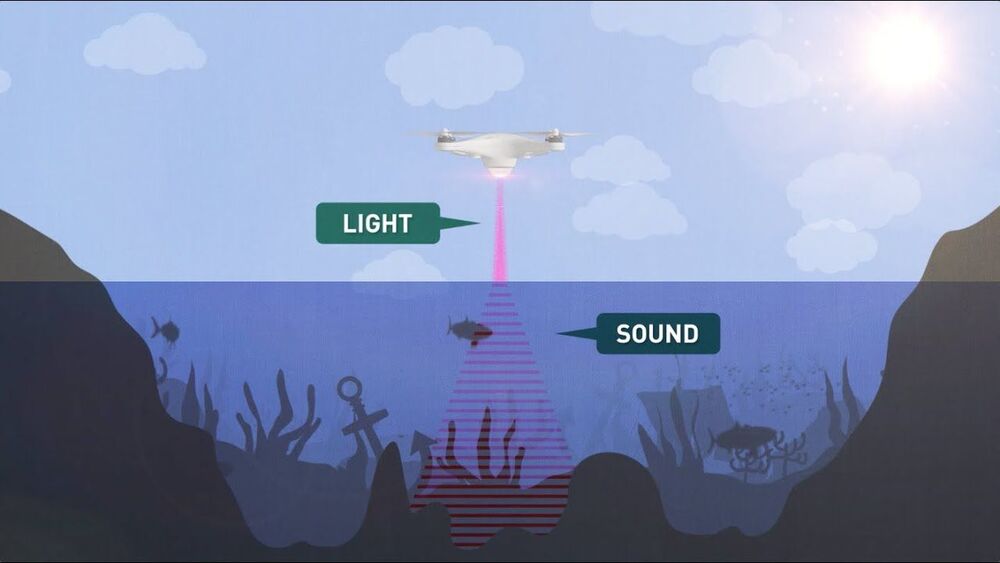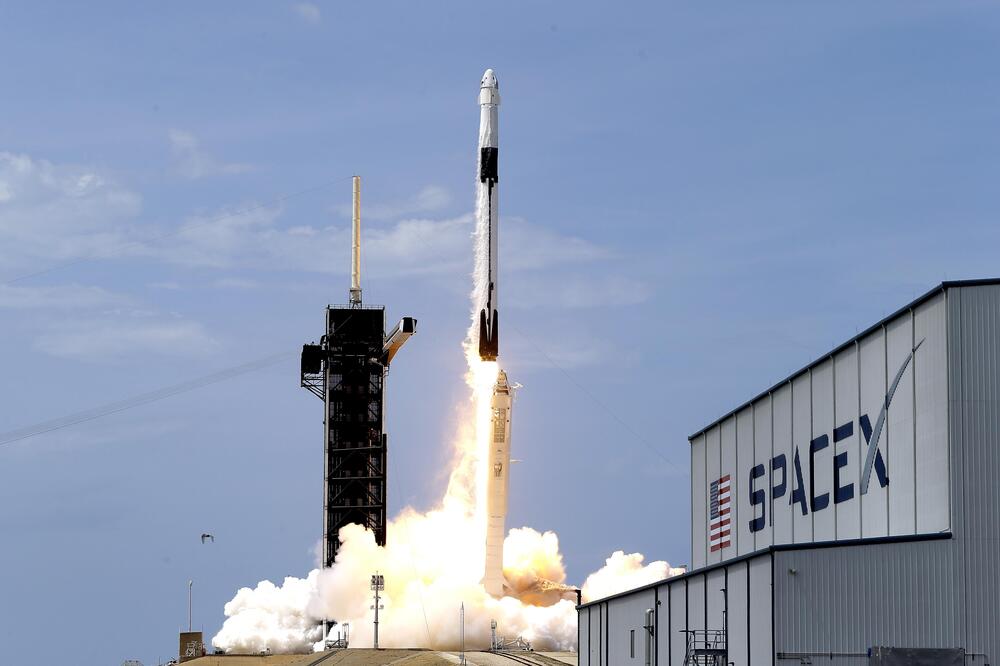Dec 17, 2020
Magdrive secures Seed funding for new propulsion system which could take us to the stars
Posted by Quinn Sena in categories: chemistry, satellites
A startup with a new type of spacecraft propulsion system could make the interplanetary travel seen in Star Trek a reality. Magdrive has just closed a £1.4M seed round led by Founders Fund, an early investor in SpaceX, backed by Luminous Ventures, 7percent Ventures, and Entrepreneur First.
Magdrive is developing a next generation of spacecraft propulsion for small satellites. The startup says its engine’s thrust and efficiency are a “generational leap” ahead of any other electrical thrusters, opening up the space industry to completely new types of missions that were not possible before, without resorting to much larger, expensive and heavier chemical thrusters. It says its engine would make fast and affordable interplanetary space travel possible, as well as operations in Very Low Earth orbit. The engine would also make orbital manufacturing far more possible than previously.
Existing electrical solutions are very efficient but have very low thrust. Chemical thrusters have high thrust but lack efficiency and are hazardous and expensive to handle. Magdrive says its engine can deliver both high thrust and high efficiency in one system.


